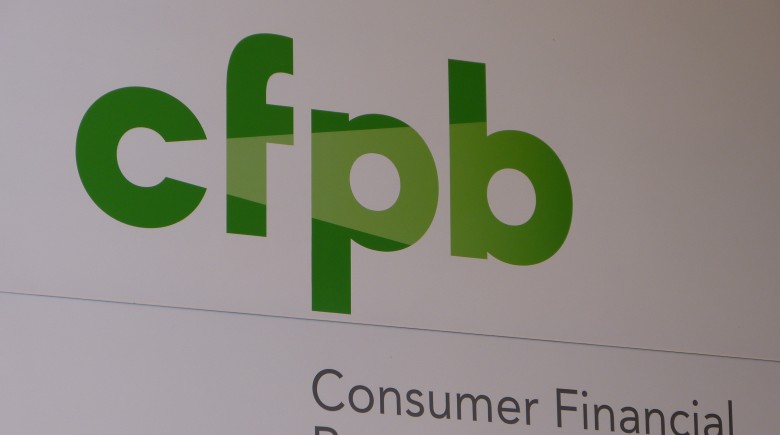Capital One — the fifth largest credit card company — isn’t scoring points with many consumers, according to data released by the Consumer Financial Protection Bureau.
No credit card company is perfect. In fact, if you were to poll every credit card user, the majority might have an issue with their present credit card company. Although perfection isn’t expected, an excess number of complaints can indicate a problem.
Up until recently, there was no way for consumers to assess the number of complaints filed against a particular credit card company. Sure, they could talk with other credit card users and hear their complaints, or visit forums and blogs and read complaints posted by others. But while these particular complaints may be valid, they don’t necessarily suggest a widespread problem.
The newly formed Consumer Financial Protection Bureau has changed the way consumers shop for credit cards. The agency recently released a searchable database that gives consumers access to credit card complaints made by the public.
Between June 2011 and May 2012, the agency received about 17,000 complaints from the public. Capital One took the lead with more than 2,700 complaints – beating American Express, JP Morgan Chase, Bank of America and Citigroup. These complaints were logged during a 10-month period, but trouble continues to loom for Capital One. Throughout the month of June 2012, the agency received 171 complaints, with Capital One receiving 38 complaints — the most of any other credit card company.
Although Capital One received the most complaints, other credit card companies weren’t far behind. During the initial 10-month period, Bank of America received more than 1,800 complaints and Citigroup received more than 2,300 complaints. American Express received the least number of consumer complaints at 872.
Complaints regarding Capital One varied, but more than 400 were related to billing. Other areas of concern included collection practices, interest rates and identity theft issues. Each area received more than 200 complaints.
It is important to note that the Consumer Financial Protection Bureau only keeps a record of the number of complaints logged against a credit card company. The agency doesn’t determine whether each complaint is valid or has merit. The system isn’t perfect and it’s fair to conclude that some complaints are baseless. But even if a percentage of unwarranted complaints exist, the volume of complaints against Capital One can make applicants question whether this is the right company for them. Excess complaints can affect the number of new applications and compel many existing customers to open accounts with other credit card companies.
But the new database isn’t one-sided. Capital One, along with any other credit card company named in the database, has 15 days to respond to a complaint and 60 days to take action. While credit card issuers aren’t likely thrilled by the database, receiving feedback from customers and having complaints publicized will only improve their relationship with customers. This new database will force many credit card issuers to improve their customer service and resolve customer concerns in a timely fashion.
Capital One — the fifth largest credit card company — isn’t scoring points with many consumers, according to data released by the Consumer Financial Protection Bureau.
No credit card company is perfect. In fact, if you were to poll every credit card user, the majority might have an issue with their present credit card company. Although perfection isn’t expected, an excess number of complaints can indicate a problem.
Up until recently, there was no way for consumers to assess the number of complaints filed against a particular credit card company. Sure, they could talk with other credit card users and hear their complaints, or visit forums and blogs and read complaints posted by others. But while these particular complaints may be valid, they don’t necessarily suggest a widespread problem.
The newly formed Consumer Financial Protection Bureau has changed the way consumers shop for credit cards. The agency recently released a searchable database that gives consumers access to credit card complaints made by the public.
Between June 2011 and May 2012, the agency received about 17,000 complaints from the public. Capital One took the lead with more than 2,700 complaints – beating American Express, JP Morgan Chase, Bank of America and Citigroup. These complaints were logged during a 10-month period, but trouble continues to loom for Capital One. Throughout the month of June 2012, the agency received 171 complaints, with Capital One receiving 38 complaints — the most of any other credit card company.
Although Capital One received the most complaints, other credit card companies weren’t far behind. During the initial 10-month period, Bank of America received more than 1,800 complaints and Citigroup received more than 2,300 complaints. American Express received the least number of consumer complaints at 872.
Complaints regarding Capital One varied, but more than 400 were related to billing. Other areas of concern included collection practices, interest rates and identity theft issues. Each area received more than 200 complaints.
It is important to note that the Consumer Financial Protection Bureau only keeps a record of the number of complaints logged against a credit card company. The agency doesn’t determine whether each complaint is valid or has merit. The system isn’t perfect and it’s fair to conclude that some complaints are baseless. But even if a percentage of unwarranted complaints exist, the volume of complaints against Capital One can make applicants question whether this is the right company for them. Excess complaints can affect the number of new applications and compel many existing customers to open accounts with other credit card companies.
But the new database isn’t one-sided. Capital One, along with any other credit card company named in the database, has 15 days to respond to a complaint and 60 days to take action. While credit card issuers aren’t likely thrilled by the database, receiving feedback from customers and having complaints publicized will only improve their relationship with customers. This new database will force many credit card issuers to improve their customer service and resolve customer concerns in a timely fashion.







